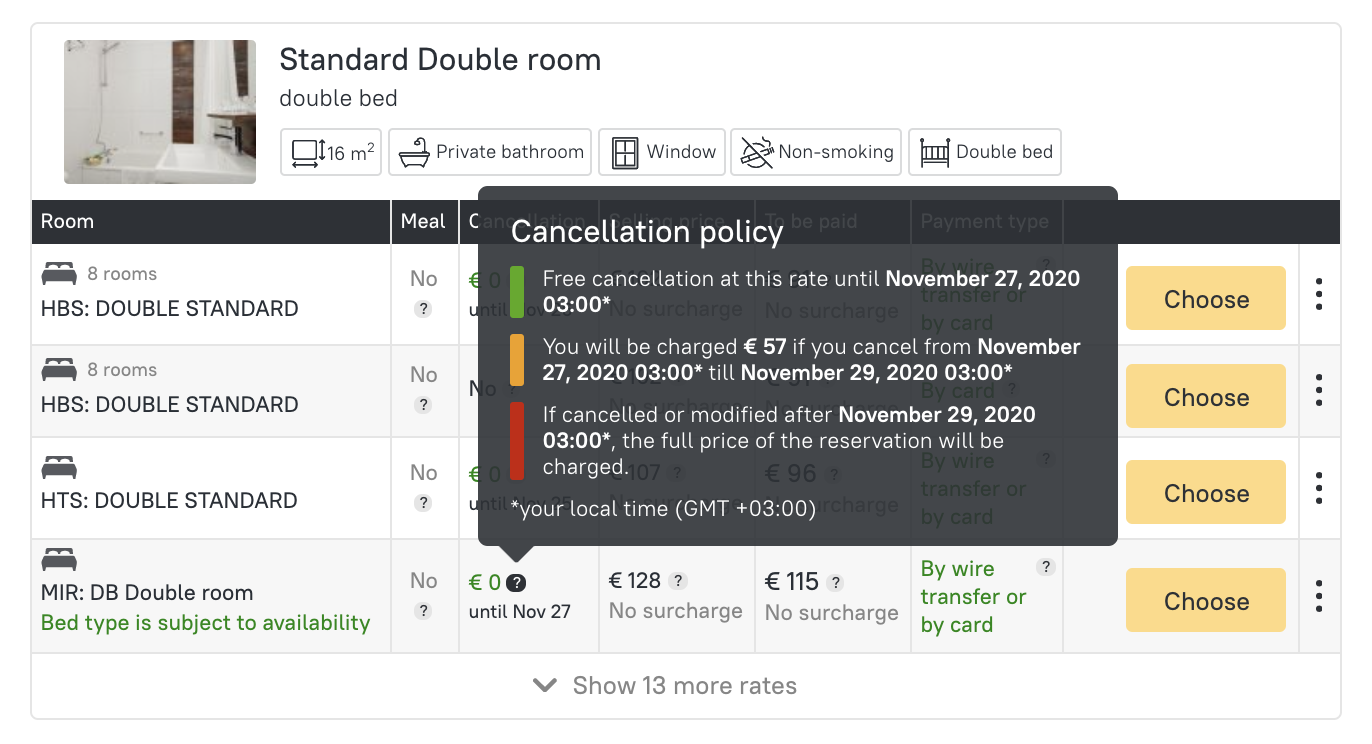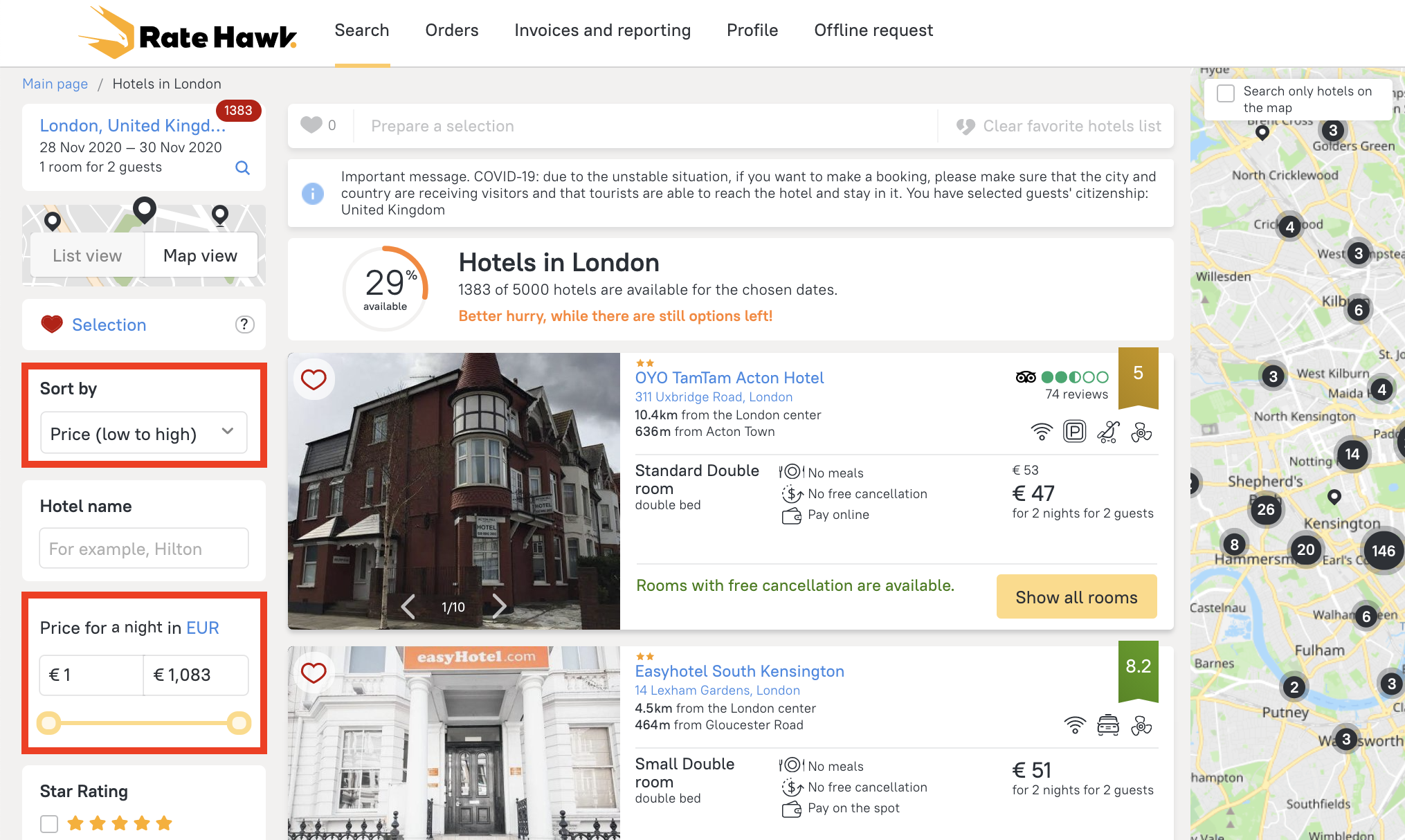Reward economy in trips
One of the most obvious ways is to talk to staff and reward those who manage to save on their travel budget. You can introduce financial rewards, free team lunches or a system of bonus points so that staff have an incentive to reduce expenses during trips.
Ask colleagues for advice
Collective brainstorming is another source of ideas. Ask staff where in their opinion can money be saved. Who knows, they may come up with options that wouldn’t have occurred to you.
For example, it may turn out that breakfast in the hotel isn’t that necessary, and many will find it more convenient to grab a coffee and a bite to eat at a nearby cafe.

Talking with colleagues is the best way to find options to economize. Photo by Brooke Cagle on Unsplash
Adjust daily allowances
The author of an article in American Express describes how when he was working as a marketing executive he often travelled around the world with colleagues. Then one day the company owner asked them to come up with suggestions on how to economize in each city that they visited.
As a result, they managed to find cheaper transfer services and conference hall options, as well as to review certain other expense items. This enabled them to adjust the daily allowance depending on the cost of a day’s accommodation in each specific city.
Also check whether you can shift the trip dates by a couple of days — sometimes that helps to reduce the budget.
Be flexible
Sometimes it’s possible to reduce business trip costs significantly if you change the trip dates by one or two days earlier or later. Sometimes staff build in several days to take a breather and rest before and after meetings and events, but if that’s not strictly necessary for a given trip, you can adjust the dates and save on expenses.

Sometimes it’s possible to reduce business trip costs significantly if you change the trip dates by one or two days earlier. Photo by Vitaly Gariev on Unsplash
Keep track of price decreases and exchange rate fluctuations
Sometimes you book air tickets and, for example, the very next day the airline announces a sale. If you are sure which company you will be flying with, then watch out for their news — maybe your flight is one of the discounted ones and you will manage to book it more cheaply. Also bear in mind that the sale might only apply to private individuals and not to corporate clients, so read the promotion’s conditions carefully.
If you book a hotel then keep track of the exchange rate — when paying for a booking online you fix the cost, and after that you don’t have to fear exchange rate fluctuations.
Don’t leave booking until the last minute
In our article on preparing for a business trip we explained the importance of time. The closer to the dates of the trip, the more the tickets and hotel stay may cost. However, there are also other observations regarding how best to buy tickets and for which period you should plan a business trip.
According to research by Cheap Air covering 2018, based on 917 million air tickets on over 8,000 markets, the cheapest air ticket for any trip changes about every 5 or 6 weeks. According to the analysts, the best time to buy is between three weeks and four months before the trip.

If you hear news about tickets being on sale, make sure to read the conditions of the promotion. The discount may be of value to private individuals without applying to corporate clients. Photo by SHURUI CHEN on Unsplash
Meanwhile, according to a report on flights in 2018 published by The Airlines Reporting Corporation together with Expedia, the cheapest tickets for both domestic and international flights in economy class were booked on Sundays. Moreover, if you flew out on a Thursday and returned on the Monday then you would have saved around 20% — this is better value than flying out on the Friday and returning on the Saturday.
According to The Airlines Reporting Corporation and Expedia, the best time to fly out on a business trip is on a Thursday, returning on the Monday.
Take note of the cancelation policy
Nobody is protected from unforeseeable situations and changes to their plans, especially given the situation in the travel sphere this year. In order to avoid a penalty when canceling a hotel or airline booking, study the cancelation policy carefully.
When choosing a hotel on RateHawk you immediately see until which date you can cancel the booking for free. You can read about this in more detail in a separate article.

The section with the cancelation policy will help you to identify the dates when you can cancel the booking for free, so that you don’t get fined.
Minimize transport expenses
If several staff are on the business trip they can share the cost of traveling in the taxi from the airport and back when ordering through an app. If the bill is nevertheless sizeable, you can arrange a transfer from the hotel. When booking accommodation on RateHawk you can indicate your request in the comments section or add the service later.
Some companies have a special policy for business trips according to which staff may only use a group transfer from the airport – it is reserved in advance. You can also agree and implement your own transport rules.
Choose less expensive hotels
On RateHawk you can make use of several filters in order to select appropriate accommodation options. Among others, you can enter the maximum cost per night of the stay, and then order the results from cheapest to most expensive. That way you definitely won’t miss a bargain.
Use price filtering in order to see the most economic options straight away.

Ordering by price and using the price per night filter will help you to select the most appropriate option in accordance with your budget more quickly.
Make sure you don’t pay hidden charges when hiring a car
If you plan to hire a car for your business trip, take note of any additional charges. For example, it’s better to fill it with petrol yourself and not provide a prepayment for petrol or allow the car rental company to fill it up after you return it.
As far as GPS navigation is concerned, try to figure out how much you need it. If you don’t, then don’t pay extra for something you’re not going to use. When you get the invoice make sure that all charges are shown correctly.
Allow staff to book their trip on their own
In this case you not only reduce the workload on other departments (HR, accounts, travel managers), but raise employee motivation.
They will learn to observe the company’s travel policy (when bookings are made for them, they don’t have the need to look into all the nuances), and plan the budget and time. They can save up loyalty program points and as a result become more loyal to the company.
Advantages of RateHawk
If you think that teaching an employee all the nuances of online booking will take up lots of time and nerves, then you should think again. At RateHawk we offer:
- Quick registration — the process consists of three simple steps and takes just a few minutes;
- Support from account managers — they will help to navigate the subtleties of the system when first booking, answer all questions and be available to help with orders and documentation if needed.
We have selected the most frequent pieces of advice, but each trip has its own nuances. In any event we recommend that you not only pay attention to organizational matters, but also study the city that you are visiting, in order to plan your business trip smartly.




